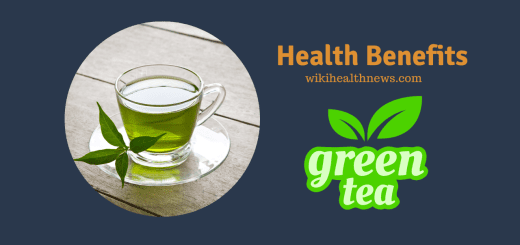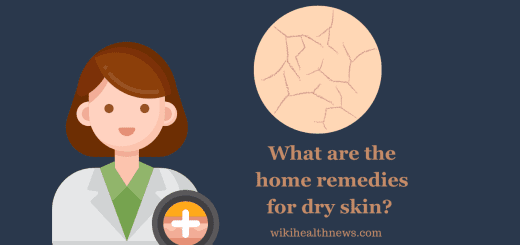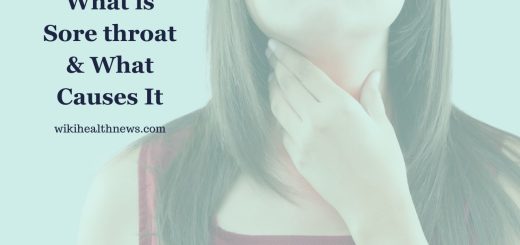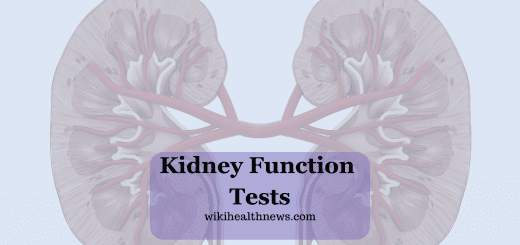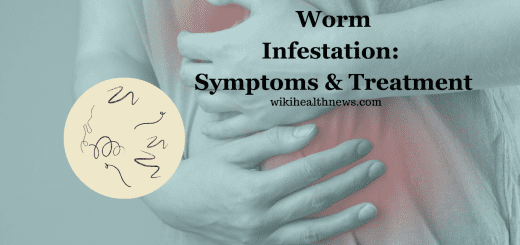Cholesterol and Heart
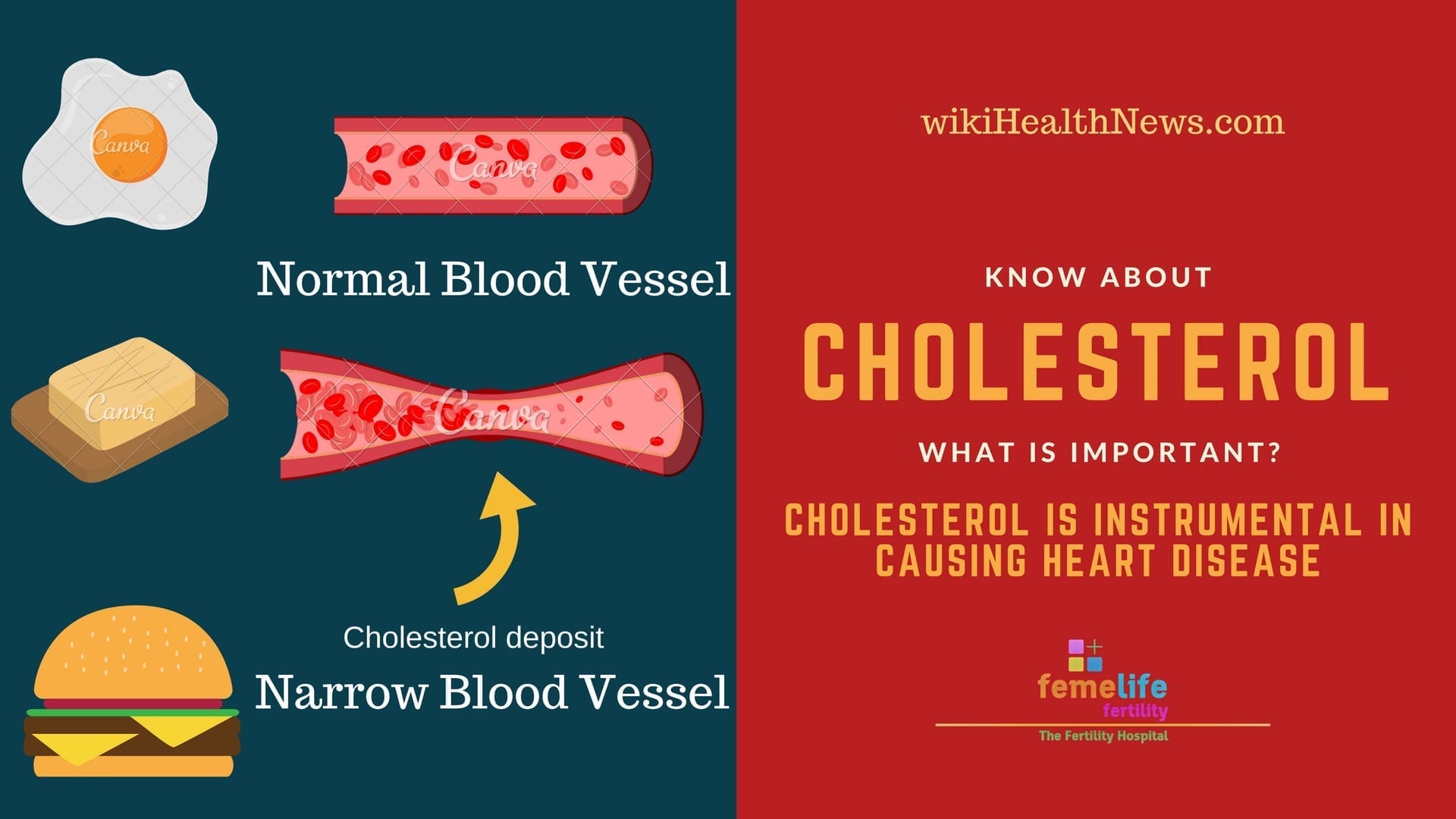
What is cholesterol?
Cholesterol is a fat-like substance that’s found in all the cells in your body.
Where Cholesterol comes from?
Cholesterol occurs naturally in the blood. It stays in a limit. It is essential for the body within normal limits. If the cholesterol level exceeds normal limits then it causes harmful effects.
Liver makes cholesterol in the body. It is present in some foods, such as meat and dairy products.
What are the foods that increase cholesterol levels in blood ?
Your body needs some LIPIDS or Cholesterol to work properly. But if you have too much in your blood, there is a higher risk of atherosclerosis and coronary artery disease.
Eating large amount of saturated fat increases cholesterol levels. This is why it is better to avoid foods that are high in saturated fats .
Foods that are high in cholesterol are:
Butter, Ghee, Hard margarines ,Fatty meat and meat products such as sausages
Full fat cheese, milk, cream and yogurt , coconut and palm oils .
How do you measure cholesterol levels?
A blood test called a lipid profile can measure your cholesterol levels. Before the test, you’ll need to fast (not eat or drink anything except water) for 9 to 12 hours.
What are the tests included in lipid profile?
The test of lipid profile gives information about –
Total cholesterol – a measure of the total amount of cholesterol in your blood. It includes the two types – low-density lipoprotein (LDL) and high-density lipoprotein (HDL) cholesterol.
LDL (bad) cholesterol – the main source of cholesterol buildup and blockage in the arteries
HDL (good) cholesterol – HDL helps remove cholesterol from your arteries
Non-HDL – this number is your total cholesterol minus your HDL. Your non-HDL includes LDL and other types of cholesterol such as VLDL (very-low-density lipoprotein).
Triglycerides – another form of fat in your blood that can raise your risk for heart disease, especially in women.
What are the foods that naturally help to lower cholesterol?
Oatbran , oat breakfast cereals , bread made with 50% oat flour or oat bran , baked beans , black beans, black-eyed peas, chickpeas , red lentils, green lentils .
Vegetables rich in soluble fibre such as citrus fruits, turnip, sweet potato and mango , Soya alternative to milk , Tofu , Almonds, pistachios, walnuts, pecans, cashews, peanuts (always unsalted).
Should I take Egg?
There is no reason to limit the egg intake . Eggs contain medium amounts of fat. However the white contains hardly any. One average egg (60g) contains around 4.6g fat; about a teaspoon. But only one quarter of this fat is saturated fat, which is the type of fat that increases cholesterol levels in the body.
Eggs are packed full of high quality protein. The protein in eggs is not only easy to digest it also contains all the building blocks of essential proteins (amino acids) and in the right proportions.
Eggs are a good source of many important vitamins and minerals including the B vitamins riboflavin, vitamin B12 and folate and vitamin D.
Most of the people don’t require to limit or stop egg intake . If you are diagnosed as FH (familial hypercholesterolaemia) then you should restrict egg intake and consult the doctors for further management.






